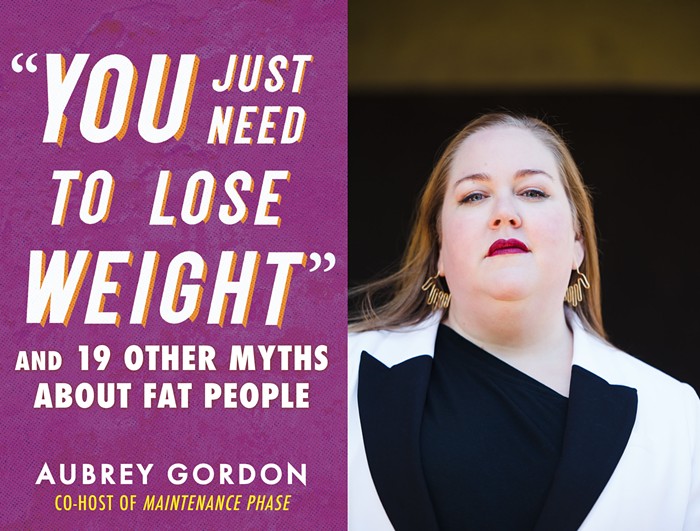ON THE BACK of Matthew Dickman's newest collection of poems, Mayakovsky's Revolver, Tony Hoagland, one of America's most readable and celebrated living poets, blurbs, "Dickman is big news. He is a lifeboat filled with champagne and asthma inhalers; and his abundant talent and indie-rock spirit are humanizing and reviving American poetry."
It's really that word "humanizing" that seems spot-on. While references to punk rock, digital culture, and club drugs help Mayakovsky's Revolver resemble the America that twentysomethings grew up in, Dickman's collection also humanizes these cultural touchstones. The humanization of a place and a time—Portland, right now—is possibly the poet's most clear and present virtue.
By locating humanity within this progressive cultural moment, Dickman's work stands in contrast to current trends among young poets—poets who share Dickman's acknowledgement of technology, the ethos of the progressive left, and the less savory vices that people turn to these days. Elsewhere, blog voice, memes-y language, and digital-era modernity can feel questionably mined; a lot of digging without looking up from the hole to see how a person lives in the world. The contemporary autism of the Muumuu House camp of indie writers has spread far and wide, but not to Dickman. Like other poets who've best defined their generations, he doesn't simply name-drop newness, affect popular voice, and situate himself in contemporary environments—when Dickman writes, this Portland, with all its progressive bells and whistles, is a window into the human experience.
Here, food carts are passed with irreverence and guns are fired at the moon through strip club doors. God is an absent father and Wu-Tang Clan plays in the canopic pyramids of the heart. Butterfly knives are purchased in childhood memories set on 82nd; absence, specifically the absence of a brother Dickman lost to suicide, is a circadian, present force, appearing in the self-digestive light of stars and heights of skateboards mid-ollie.
Mayakovsky's Revolver is as much confessional as it is environmental. Memories of killing a sister's goldfish with the help of a brother; snorting pink topographies of codeine; picking on fat kids behind 7-Eleven. Meanwhile, the physicality of the world—the love expressed in it next to hard memories of the past—arrives as "transcendental credit" in the writer's "back pocket."
Love seems to be the only light here, the only respite from "two thousand/friends on Facebook you don't know/but stare at every night because you're lonely," from reminders of the inevitable loss of family, from depression and drugs and everything else that tests our willingness to experience the world.



















